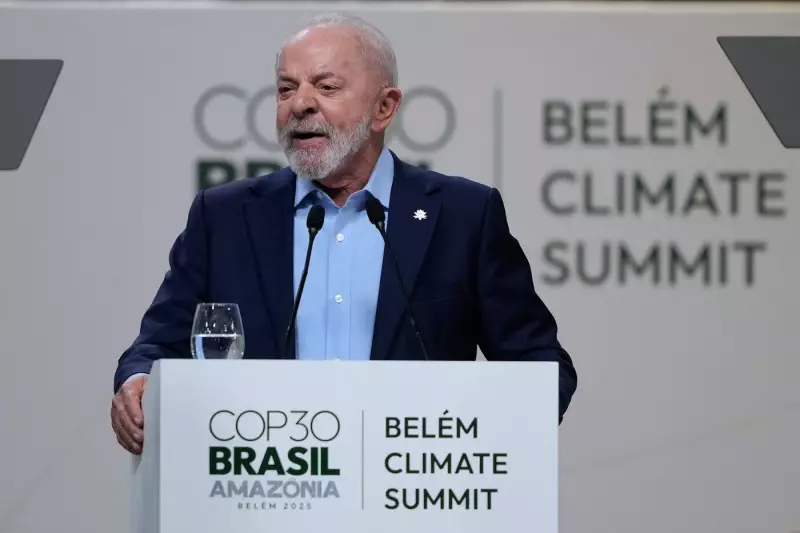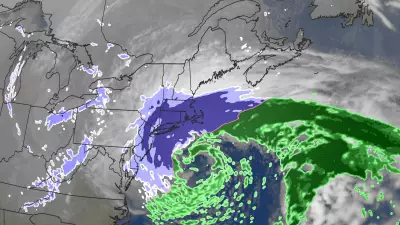
A critical United Nations climate summit faced a significant credibility challenge this week as leaders from several of the world's largest polluting nations were notably absent from the high-level gathering. The conspicuous no-shows have raised serious concerns about global commitment to addressing the climate crisis at a time when scientists warn that urgent action is needed.
Key Nations Missing in Action
Among the most prominent absences were the leaders of China, the United States, and India – three countries that collectively account for nearly half of all global greenhouse gas emissions. Their decision to skip the summit comes despite mounting evidence of accelerating climate change impacts worldwide.
The United Nations had positioned this gathering as a crucial opportunity for world leaders to demonstrate their commitment to more ambitious climate targets. Instead, the empty chairs from major economic powers sent a different message entirely.
Diplomatic Disappointment and Frustration
Environmental advocates and climate diplomats expressed deep disappointment at the development. The absence of these key players undermines the very purpose of international climate diplomacy, which relies on collective action and shared responsibility.
One European delegate, who asked not to be named, told reporters: "When the biggest contributors to the problem don't show up for the solution, it calls into question whether we can achieve meaningful progress at all."
Timing Couldn't Be Worse
The summit occurs against a backdrop of increasingly severe climate disruptions:
- Record-breaking heatwaves across multiple continents
- Devastating wildfires in Canada and Europe
- Unprecedented flooding in Asia and Africa
- Accelerating ice melt in polar regions
Scientists have repeatedly emphasized that the window for preventing the worst impacts of climate change is rapidly closing. The Intergovernmental Panel on Climate Change has called for immediate, deep emissions reductions to avoid catastrophic warming.
What This Means for Global Climate Efforts
The absence of major polluting nations creates several immediate challenges:
- Momentum Loss: International climate negotiations rely on political momentum, which suffers when key players are absent
- Implementation Gap: Existing climate commitments already fall short of what's needed, and without new pledges, this gap widens
- Developing Nation Frustration: Countries most vulnerable to climate impacts feel abandoned by wealthier nations
- Private Sector Uncertainty: Businesses seeking clear climate policy signals receive mixed messages
Despite the disappointments, many climate advocates emphasize that the work must continue. The climate crisis doesn't pause for political convenience, and the consequences of inaction will affect every nation, regardless of their participation in international talks.
As the summit continues without some of its most crucial participants, the question remains: Can meaningful climate progress occur when the world's largest polluters choose to stay home?






